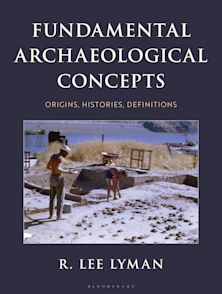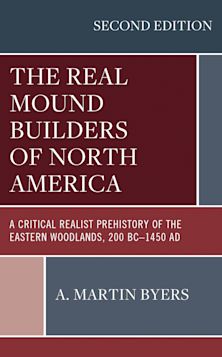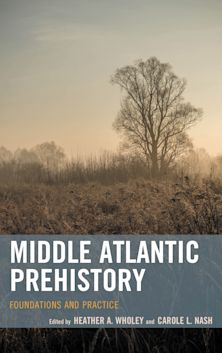Private Lives, Public Histories
An Ethnohistory of the Intimate Past
Private Lives, Public Histories
An Ethnohistory of the Intimate Past
This product is usually dispatched within 3 days
- Delivery and returns info
-
Free US delivery on orders $35 or over
Description
Private Lives, Public Histories brings together diverse methods from archaeology and cultural anthropology, enabling us to glean rare information on private lives from the historical record. The chapters span geographic areas to present recent ethnohistorical research that advances our knowledge of the connections between the public and private domains and the significance of these connections for understanding the past as a lived experience, both historically and in a contemporary sense. We discuss how the use of different sources—e.g., public records, personal journals, material culture, the built environment, letters, public performances, etc.—can reveal different types of information about past cultural contexts, as well as private sentiments about official culture and society. Through an exploration of sites as varied as homes, factories, plantations, markets, and tourism attractions we address the public significance of private sentiments, the resilience of bodies, and gendered interactions in historical contexts. In doing so, this book highlights linkages between private lives and public settings that have allowed people to continue to exist within, adapt to, and/or resist dominant cultural narratives.
Table of Contents
1.Affect and the Memorialization of the Transatlantic Slave Trade: Spontaneous Expressions of Synchronic Global Black Consciousness in the Visitors' Books at Elmina and Cape Coast Castles-Dungeons, Ghana, by Jean Muteba Rahier
2.Behind Closed Doors: Rethinking Public and Private in the Ulster Plantation, by Audrey Horning
3. “Bible, Bath and Broom:” Constructing Race Womanhood in The Chicago Defender, by Anna S. Agbe-Davies
4.The Warmth of the Hearth: Andean Domestic Life among Colonial Textile Mill Workers, by Rachel Corr
5.Friends of the Family: Gender, Kinship, and Elite Colonial Networks in Early 20th Century North India, by Jacqueline H. Fewkes
6.Gendering Cosmopolitanism: Intersectional Visibility in Taiwan's Colonial Public Spheres, by Melissa J. Brown
7.Public, Private, and the Politics of Information in Late Colonial Gambia, by Niklas Hultin
Conclusion: Reading the In
Product details
| Published | May 11 2022 |
|---|---|
| Format | Paperback |
| Edition | 1st |
| Extent | 196 |
| ISBN | 9781793604309 |
| Imprint | Lexington Books |
| Illustrations | 11 b/w photos; |
| Dimensions | 9 x 6 inches |
| Publisher | Bloomsbury Publishing |
Reviews

ONLINE RESOURCES
Bloomsbury Collections
This book is available on Bloomsbury Collections where your library has access.


































